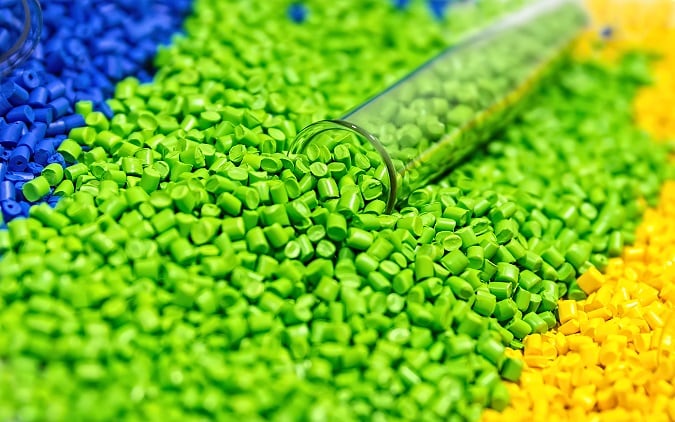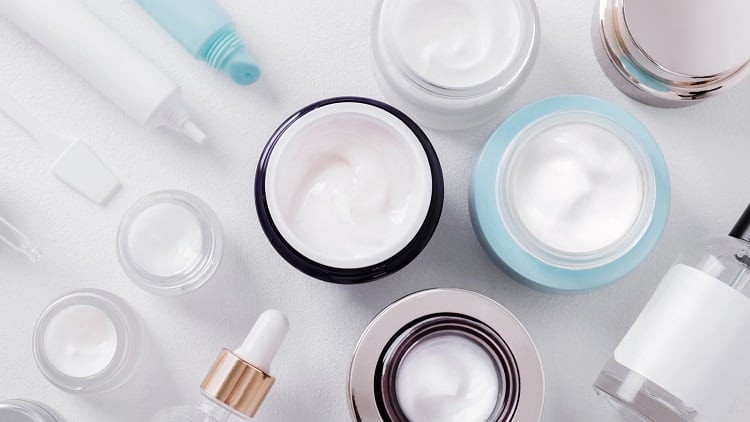“We cannot achieve a circular plastics economy alone,” acknowledges Gary Wade, President of Unilever Canada in this week’s press release about the Golden Design Rules.
“Our vision,” he says, “is a world in which everyone works collaboratively to find solutions to end plastic waste. We applaud the work of the Consumer Goods Forum and fully endorse the Golden Rules which provide us with clear direction on how we can take action as a sector and within each of our businesses to ensure that plastic stays in the economy and out of the environment.”
The Consumer Goods Forum (CGF) Plastic Waste Coalition of Action has a plan to lessen plastic waste from CPGs and retail
The newly announced plastic-waste-reduction initiative takes two strategies: to make PET a more valuable recycled material and to delineate what sorts of materials and components should not be used in packaging.
So there are just two rules in the Golden Design Rules initiative:
(the following rules are taken verbatim from the aforementioned press release)
Golden Rule 1: Increase value in polyethylene terephthalate (PET) recycling. a) Use transparent and uncoloured PET (preferred), or transparent blue or green in all PET bottles; b) Ensure material choice, adhesive choice and size of sleeve or label is not problematic for recycling.
Golden Rule 2: Remove problematic elements from packaging including the following: undetectable carbon black, which frustrates plastics sorting and is sent to landfill; PVC or PVDC (polyvinylidene chloride or polyvinylidene dichloride) which are problematic in recycling streams; EPS or PS (expanded polystyrene or polystyrene) which have more recyclable alternatives; PETG (polyethylene terephthalate glycol) which contaminates batches of otherwise valuable PET recycling; and oxo-degradable plastics, which fragment into microplastics.
20+ companies already support Golden Design Rules
Retailers like Loblaw, Save-On-Foods, and Walmart Canada have signed on to support the rules, as have J&J, Colgate-Palmolive, Unilever, and Henkel Canada. Some of whom shared comments with the press:
“The alignment amongst our industry towards these Golden Design Rules represents an important and impactful action that Henkel is proud to join,” says Rob Bertok, President of Henkel Canada Corporation. “These efforts are well-aligned with Henkel's comprehensive commitment to a circular economy for plastic and sustainable packaging, and the development of solutions that minimize and manage plastic waste.”
And Horacio Barbeito, President and CEO of Walmart Canada, remarks, “Walmart is a proud and strong supporter of the Golden Design Rules initiative. When industry and stakeholders come together with a common vision, we can accomplish important progress. Walmart is focused on sustainability in everything we do. Our bold goals help us to minimize our environmental footprint and get us closer to becoming a regenerative company.” More specific information on The Consumer Goods Forum (CGF) Plastic Waste Coalition of Action’s Gold Rules can be found online here.




